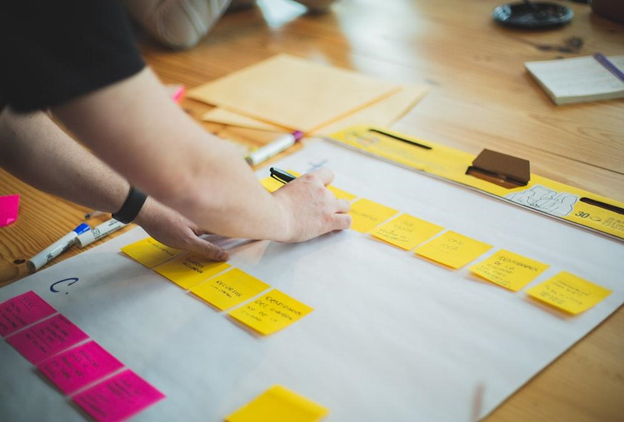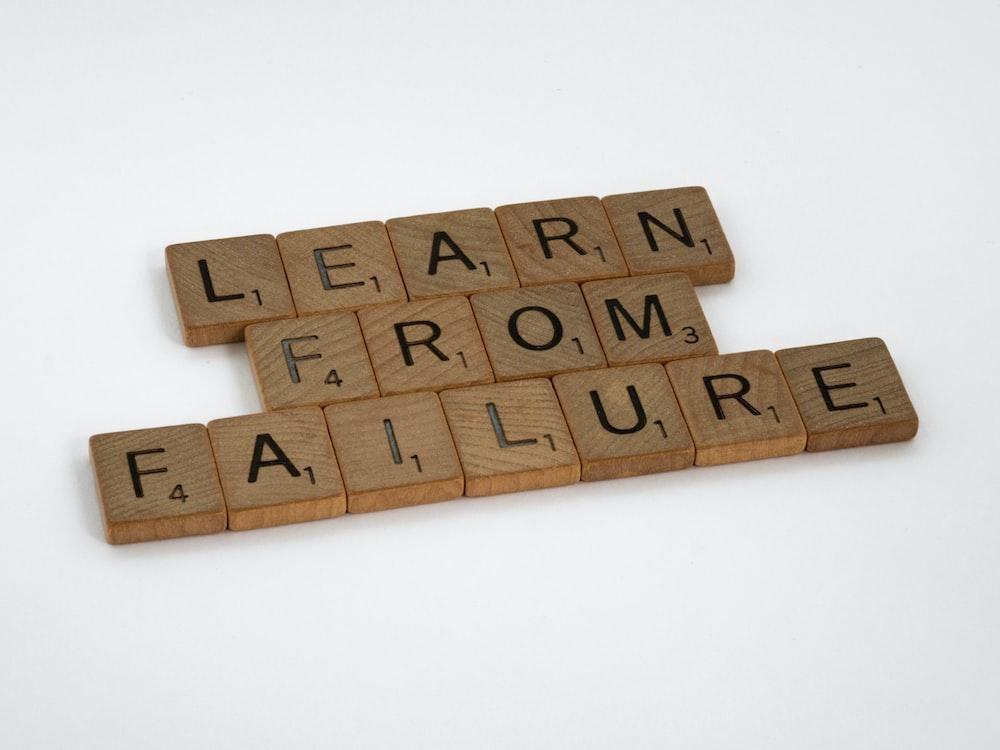Life is filled with highs and lows, successes and failures. While achievements bring joy and satisfaction, mistakes and setbacks often serve as profound teachers, shaping our character and guiding us toward personal growth. This article will explore the transformative power of seeing mistakes as opportunities to learn what works from learning what doesn’ work. Embracing these lessons can pave the way for leading a more enriched and fulfilling life.
1. Acknowledge and Acceptance
The first step towards seeing mistakes as opportunities to learn is acknowledging them with humility and acceptance. It's natural to feel a range of emotions when confronted with challenges and setbacks, including disappointment, frustration, or even embarrassment. However, actual growth begins with recognizing and accepting these feelings without judgment. Understand that making mistakes is an inherent part of being human and an essential aspect of learning.
2. Shift Your Perspective
Instead of viewing mistakes as an end, shift your perspective to see them as opportunities to learn and grow. Mistakes provide valuable insights into what went wrong and offer a chance to recalibrate and improve. Embrace the idea that setbacks are not the end of the road but rather a reset that can lead to unexpected and positive outcomes. This shift in mindset lays the foundation for a resilient and forward-focused approach to life.
3. Analyze and Learn
Once you've accepted the reality of mistakes, take the time to analyze them objectively. What went wrong? What went right? What factors contributed to the outcome? By dissecting the situation, you can identify patterns, recognize your contributions, and better understand the circumstances surrounding the mistake. Learning from mistakes is not just about avoiding repetition but also about acquiring the wisdom to make better decisions in the future.
4. Embrace a Growth Mindset
Cultivate a growth mindset, a concept developed by psychologist Carol S. Dweck, which revolves around the belief that intelligence and abilities can be acquired through dedication and hard work. Individuals with a growth mindset see challenges as opportunities to learn and grow rather than obstacles to success. Look around you: no one succeeds without making mistakes and learning from them to succeed. Mistakes become stepping stones to personal and professional development by adopting this perspective.
Drawing wisdom from Ronald D. Steele's book, ’To Be Loved: Ain't Gonna Be Denied,’ emphasizes the significance of seeing mistakes and challenges as opportunities to grow and succeed. That is in part how he developed resilience. This viewpoint aligns seamlessly with the ever-evolving nature of life.
5. Take Responsibility and Accountability
Learning from mistakes involves taking full responsibility for your actions. Avoid the blame game – when you blame others, you give them your power to ameliorate the situation. Instead, focus on what you can control, how you could have effected the outcome —your response and future choices. By holding yourself accountable, you demonstrate not only integrity, but a commitment to personal improvement. Taking ownership of your mistakes empowers you to actively participate in your own growth and development.
6. Cultivate Resilience
Resilience is the ability to bounce back from adversity, and it's a quality that can be honed through the experience of overcoming mistakes. Rather than allowing setbacks to derail you, use them as opportunities to build resilience. Develop the mental toughness to persevere in the face of challenges, knowing that each hurdle you overcome contributes to your overall strength and resilience.
7. Set Realistic Goals
Setting ambitious goals is commendable, but ensuring they are realistic and achievable is essential. Mistakes often stem from setting unrealistic expectations, leading to feelings of failure when these goals aren't met. Setting realistic and attainable objectives creates a pathway for success while minimizing the likelihood of setbacks that could derail your progress.

8. Foster a Positive Learning Environment
Surround yourself with a positive and supportive learning environment. Seek mentors, friends, or colleagues who encourage growth and provide constructive feedback. A nurturing environment eases the burden of learning from mistakes and accelerates the process by offering diverse perspectives and insights.
9. Practice Self-Compassion
Learning from mistakes is a journey, not a destination. Be kind to yourself throughout the process. Everyone makes mistakes, and self-compassion is crucial for maintaining a healthy mindset. Treat yourself with the same empathy and understanding that you would extend to a friend facing similar challenges.
10. Apply Lessons to Enhance Decision-Making
The ultimate goal of learning from mistakes is to enhance your decision-making process. Apply the lessons you've gained to make informed choices in the future. Whether in personal relationships or professional endeavors, the wisdom acquired from past mistakes becomes a valuable resource, guiding you toward a more fulfilling and purposeful life.
Learning from mistakes is an ongoing and transformative process that shapes the trajectory of our lives. By acknowledging, analyzing, and embracing the lessons embedded in his mistakes and setbacks, Ronald D. Steele, in ‘To Be Loved: Ain’t Gonna Be Denied,’ cultivate resilience and a growth mindset to pave the way for a more enriched and purposeful existence. Life's journey is inherently imperfect and raft with mistakes, but through imperfect moments, Steele discovered his true strength and potential, and it lead him toward a much better and more meaningful life.





